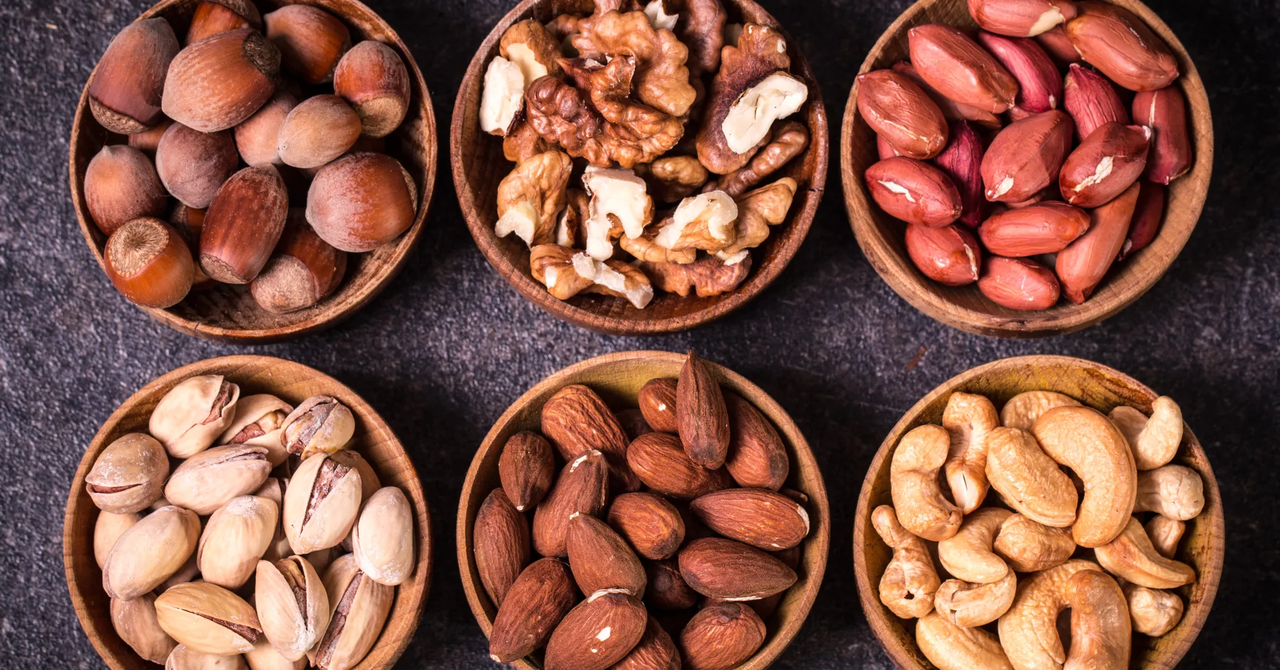Overview: This article explores how adopting healthy lifestyle habits can play a crucial role in preventing premature heart aging, discussing various habits and their impacts on heart health.
Article Content
Heart disease remains one of the leading causes of death worldwide. Premature heart aging, which can lead to an increased risk of heart – related problems, is a growing concern. However, the good news is that incorporating healthy lifestyle habits can significantly help in preventing this premature decline of heart health.
Understanding Premature Heart Aging
The heart, like any other organ in the body, ages over time. But certain factors can accelerate this aging process, leading to premature heart aging. Prematurely aged hearts may have reduced pumping efficiency, stiffer blood vessels, and an increased likelihood of developing conditions such as arrhythmias, heart attacks, and heart failure.
Factors contributing to premature heart aging include smoking, a sedentary lifestyle, poor diet, excessive alcohol consumption, chronic stress, and genetic predisposition. By addressing these factors through healthy lifestyle changes, it is possible to slow down the aging process of the heart.
The Role of a Balanced Diet
A balanced diet is fundamental for heart health. Consuming a diet rich in fruits, vegetables, whole grains, lean proteins, and healthy fats can provide the heart with the nutrients it needs to function optimally.
- Fruits and Vegetables: These are packed with antioxidants, vitamins, and minerals. For example, berries are high in antioxidants like anthocyanins, which can help reduce inflammation in the blood vessels. Leafy greens are a great source of vitamin K, which is important for maintaining healthy blood vessels.
- Whole Grains: Whole grains such as brown rice, oats, and whole – wheat bread are rich in fiber. Fiber helps lower cholesterol levels by binding to cholesterol in the digestive tract and preventing its absorption into the bloodstream.
- Lean Proteins: Lean proteins like chicken, fish, and beans are low in saturated fat. Fish, especially fatty fish like salmon, mackerel, and sardines, are rich in omega – 3 fatty acids. Omega – 3 fatty acids have anti – inflammatory properties and can reduce the risk of arrhythmias and lower triglyceride levels.
- Healthy Fats: Unsaturated fats, such as those found in avocados, nuts, and olive oil, can help improve cholesterol levels. They can increase the levels of high – density lipoprotein (HDL), the “good” cholesterol, while reducing low – density lipoprotein (LDL), the “bad” cholesterol.
Regular Physical Activity
Regular exercise is another key component in preventing premature heart aging. Physical activity helps strengthen the heart muscle, improve blood circulation, and lower blood pressure.
- Aerobic Exercises: Activities like walking, running, cycling, and swimming are excellent aerobic exercises. They increase the heart rate and improve the heart’s ability to pump blood efficiently. Aerobic exercise also helps burn calories, which can contribute to maintaining a healthy weight.
- Strength Training: Incorporating strength – training exercises, such as weightlifting or bodyweight exercises, can also be beneficial for heart health. Strength training helps build muscle mass, and muscle tissue burns more calories at rest, which can aid in weight management. It also has a positive impact on insulin sensitivity and blood lipid levels.
Smoking Cessation
Smoking is one of the most significant risk factors for premature heart aging. Cigarette smoke contains thousands of harmful chemicals that can damage the blood vessels, increase blood pressure, and reduce the oxygen – carrying capacity of the blood.
When a person quits smoking, the risk of heart disease begins to decline almost immediately. Within a few years, the risk can drop to nearly that of a non – smoker. Quitting smoking is one of the most effective ways to protect the heart from premature aging.
Limiting Alcohol Consumption
While moderate alcohol consumption may have some potential health benefits, excessive drinking can be harmful to the heart. Heavy alcohol use can lead to high blood pressure, irregular heart rhythms, and an enlarged heart.
For men, it is recommended to limit alcohol intake to no more than two standard drinks per day, and for women, one standard drink per day. A standard drink is typically defined as 14 grams of pure alcohol, which is equivalent to a 12 – ounce beer, a 5 – ounce glass of wine, or 1.5 ounces of distilled spirits.
Stress Management
Chronic stress can have a negative impact on heart health. When a person is under stress, the body releases hormones like cortisol and adrenaline, which can increase blood pressure and heart rate. Over time, this can put extra strain on the heart.
Practicing stress – management techniques such as meditation, deep breathing exercises, yoga, or engaging in hobbies can help reduce stress levels. These activities can activate the body’s relaxation response, which counteracts the effects of stress on the heart.
Conclusion
Premature heart aging is a serious issue, but it is largely preventable through the adoption of healthy lifestyle habits. By following a balanced diet, engaging in regular physical activity, quitting smoking, limiting alcohol consumption, and managing stress, individuals can significantly reduce their risk of premature heart aging and improve their overall heart health. It is never too late to start making these positive changes, and the benefits for the heart can be substantial.


